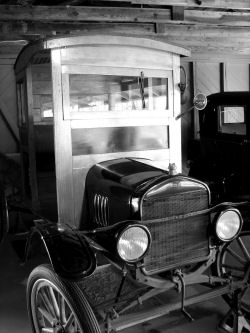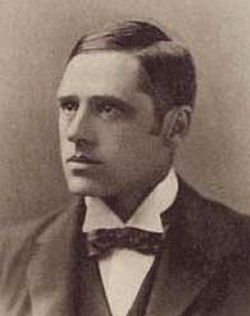- Adventure
- Animals
- Beauty
- Bereavement
- Birds
- Carpe Diem
- Children
- Dance
- Death
- Descriptions
- Faith & Religion
- Family & Home
- Flowers
- Food & Drink
- Friendship
- Garden
- Heroes
- History
- Holidays
- Humor
- Images
- Imagination
- Inspiration
- Life
- Love
- Machines
- Marriage
- Memorials
- Memory
- Months
- Music
- Mystery
- Nature
- Parodies
- Parting
- Patriotism
- People
- Places
- Poetry
- Protest
- Rhyme & Rhythm
- Satire
- School
- Sea & Sailing
- Seasons
- Song
- Sport
- Stages of Life
- Story Telling
- Time
- Time of Day
- Travel
- War
- Weather

A B . C D . E F . G H . I J . K L . M N . O P . Q R . S T . U V . W X . Y Z | Home | Other
Subject Index - Machines

We tend to take machines for granted. No matter how much they do for us, the majority of people notice them mainly when things go wrong. Some people no longer even recognize many of the things they use as machines - particularly electronic devices. The famous author and futurist Arthur C. Clarke is noted for saying that "any sufficiently advanced technology is indistinguishable from magic."
I wonder if the poets of a century ago would view today's machines as magic, or as trivialities. They might indeed be amazed at the ease with which we travel and communicate, and how few hours we spend on acquiring and preparing food or keeping warm or maintaining our homes. They might also be disappointed with how little the average person accomplishes with the resulting gift of leisure.
So if Byron or Browning or some such poet somehow materializes at your front door one day, don't assume they would be wowed by what they see. There is actually not much poetry about machines, and much of it is satirical. An exception to the rule is Charles (Tennyson) Turner who blends in technology without much seeming effort. Technology is not very poetic except in cases where it actually does something magical, or personifies some behavior or provides a really good metaphor. Trains, perhaps, are the most common machine to find in a poem, either as a subject or as a metaphor.
So if you happen to run across some good poetry about machines or mechanical things in general (there is some very bad poetry about it) please send it in.
- Manual System by Carl Sandburg
The successors to "Mary's thingamajig" have become all too common. - To a Locomotive in Winter by Walt Whitman
Whitman's famous description. - The Engine by Ella Wheeler Wilcox
An unusual descriptive poem for Wilcox, who tends toward more intangible topics. - The Gramaphone at Fond-Du-Lac by Robert W. Service
The effect of a music player on some of Service's colorful frontier characters. - The Steam Threshing-Machine With the Straw Carrier by Charles Turner
Turner ponders what the poet Virgil would think of powered farming machinery. - The Deacon's Masterpiece by Oliver Wendell Holmes
Engineered like no other... - Under a Telephone Pole by Carl Sandburg
Back when the telephone was still a piece of magic. - Song of a Train by John Davidson
Another good description of a train; this one plunges along:
Crash under bridges,
Flash over ridges,
And vault the downs; - Mulga Bill's Bicycle by Andrew Barton Paterson
Be careful when you brag - sometimes a machine can take on a life of their own. - The South-Foreland Electric Light by Charles Turner
On seeing an electric lighthouse on a journey from France to England. - A Mill Picture by Marshal Putnam Thompson
OK, this one is not about a machine, per se, but the workings of the mill are deftly 'woven' into the description. - The Song of Steel by Charles Buxton Going
A common, if somewhat Luddite theme - are we the master of our machines - or have they become our masters. - How Cyrus Laid the Cable by John Godfrey Saxe
A ballad, no less, on the first trans-Atlantic telegraph cable. - The Hydraulic Ram, or The Influence of Sound on Mood by Charles Turner
Turner's titles sometimes leave you with nothing else to say. - Crucible by Carl Sandburg
A vivid imagist description of molten metal in a crucible. - Subway Wind by Claude McKay
McKay's description of the subways contrasts sharply with more romaticized train descriptions. - The Crane by Wilfred Gibson
An invalid, a giant machine, a devoted mother, and a mystery. You figure it out.
